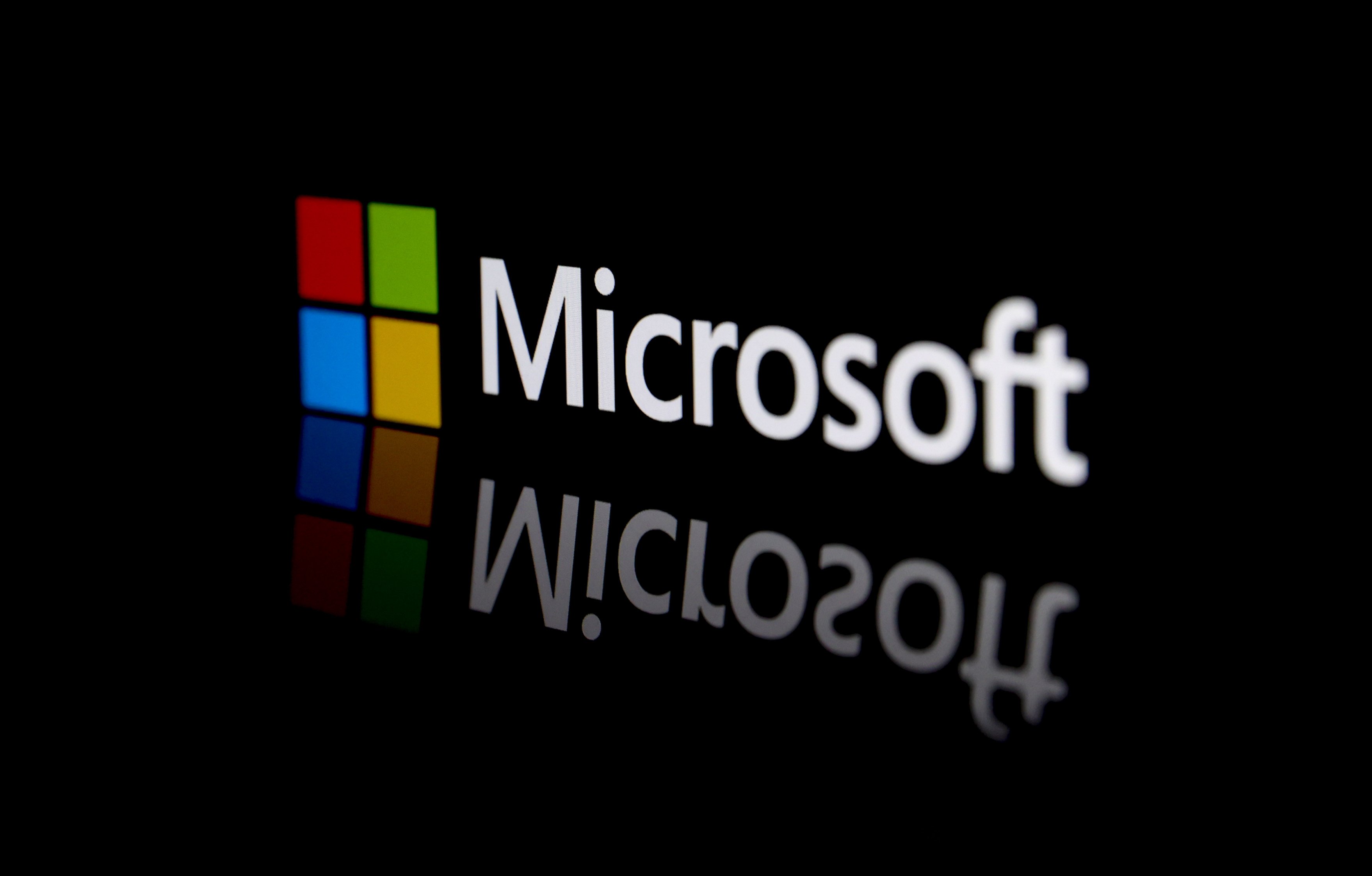
Source: PlayStation.com
The timing of Microsoft's (MSFT +0.43%) announcement that it will ship a Kinect-less version of the Xbox One at $399 now makes perfect sense. The NPD Group's sales tracking for the April retail month is in, and the company's console was once again beaten handily by Sony's (SNE 0.92%) PlayStation 4. Leaks of the data have the Xbox One selling 115,000 units in the month, compared to approximately 200,000 units for the PlayStation 4.
Both consoles saw substantial declines from their sales in the previous month, when Xbox One moved 311,000 North American units and PlayStation 4 shifted approximately 370,000 consoles. The hardware drop can be attributed to the lack of major software releases in the month. What do the most recent numbers mean for Microsoft, Sony, and the gaming industry at large?
Once again, hardware is up and software is down
Overall retail sales grew by 17% over the previous April. As has been the case in many recent months, software sales were down year-over-year, this month by approximately 10%. Hardware sales continue to be an industry bright spot, up 76% compared to last April. The rate of adoption for the new consoles would seem to portend very well for the future of the console gaming industry, but trusting early sales as an indicator for this generation is a problematic venture.
According to NPD analyst Liam Callahan, combined sales of the PlayStation 4 and the Xbox One over their first six months on the market have more than doubled combined sales of their predecessors over the corresponding period. This sounds great, and it is, but the statement obscures threats facing the industry, and cannot account for the fact that the last console generation went on longer than it should and created pent up demand for new hardware.
Winning "core" gamers isn't enough
NPD Group has estimated there are approximately 34 million "core" gamers in the U.S. These are the consumers that drive early adoption and spend double-digit hours weekly playing games, the types likely to purchase a PlayStation 4 or an Xbox One. While this pool of gamers is very important for driving the success of gaming platforms and software, the industry will shrink without sufficient involvement from the casual audience.

Source: Amazon.com
With gaming functions increasingly included in set-top boxes, mobile devices, and smart-TVs from the likes of Google, Amazon, and Samsung, it's not enough to be selling well to the hardcore, early adopter crowd. Microsoft and Sony have to prove the value of their consoles to the mainstream consumer. Doing so will be more challenging this time around than in any previous cycle.
Xbox sales send mixed messages
Microsoft's Xbox 360 sold approximately 71,000 units last month, making it the system's worst April on record. The 360 is at the tail end of its lifecycle, so that performance isn't worrying. What is worrying is that Xbox One's 115,000 monthly sales is lower than any other April performance by its predecessor. Conversely, Sony's troubled PlayStation 3 sold approximately 87,000 units in its first April on the market. This provides a solid indication of where Microsoft's latest console is at in terms of momentum, and the types of changes necessary to turn things around as Sony eventually managed with the PlayStation 3.
While overall industry software sales remain a concern, Microsoft still looks strong in the U.S. market. 53% of all software sold in April was for an Xbox platform, with 2.2 million games sold for Xbox 360 and 447,000 games sold for Xbox One. The Xbox One has a software attach rate of three games per system, an impressive feat this early in its lifecycle. Titanfall from Electronic Arts (EA +0.24%) was once again the best selling game of the month, this time driven by the release of the game on Xbox 360. Sony's Infamous: Second Son was the best selling piece of new-generation software, moving approximately 82,000 units in the month. The Xbox One version of Titanfall sold approximately 77,000 units, but substantially outsold Infamous in the previous month. Both titles saw a steep sales decline.
Microsoft moves to fix its mistakes

The announcement of the $399 Xbox One SKU for a June 9 release is likely to seriously shrink Xbox One sales in May. The negative press created by once again being outsold by PlayStation 4 likely accelerated Microsoft's schedule for the platform. Shortly after the release of the latest sales data came the official unveiling of Halo 5: Guardians, not likely a coincidence. Titanfall has done solid numbers, but it has not provided the type of "Halo" moment that the Xbox One needs. It's not surprising to see Microsoft's venerable series trotted out as the Xbox One continues to struggle. The new, cheaper SKU should make things more competitive, but it's clear that Sony still enjoys an advantage.






